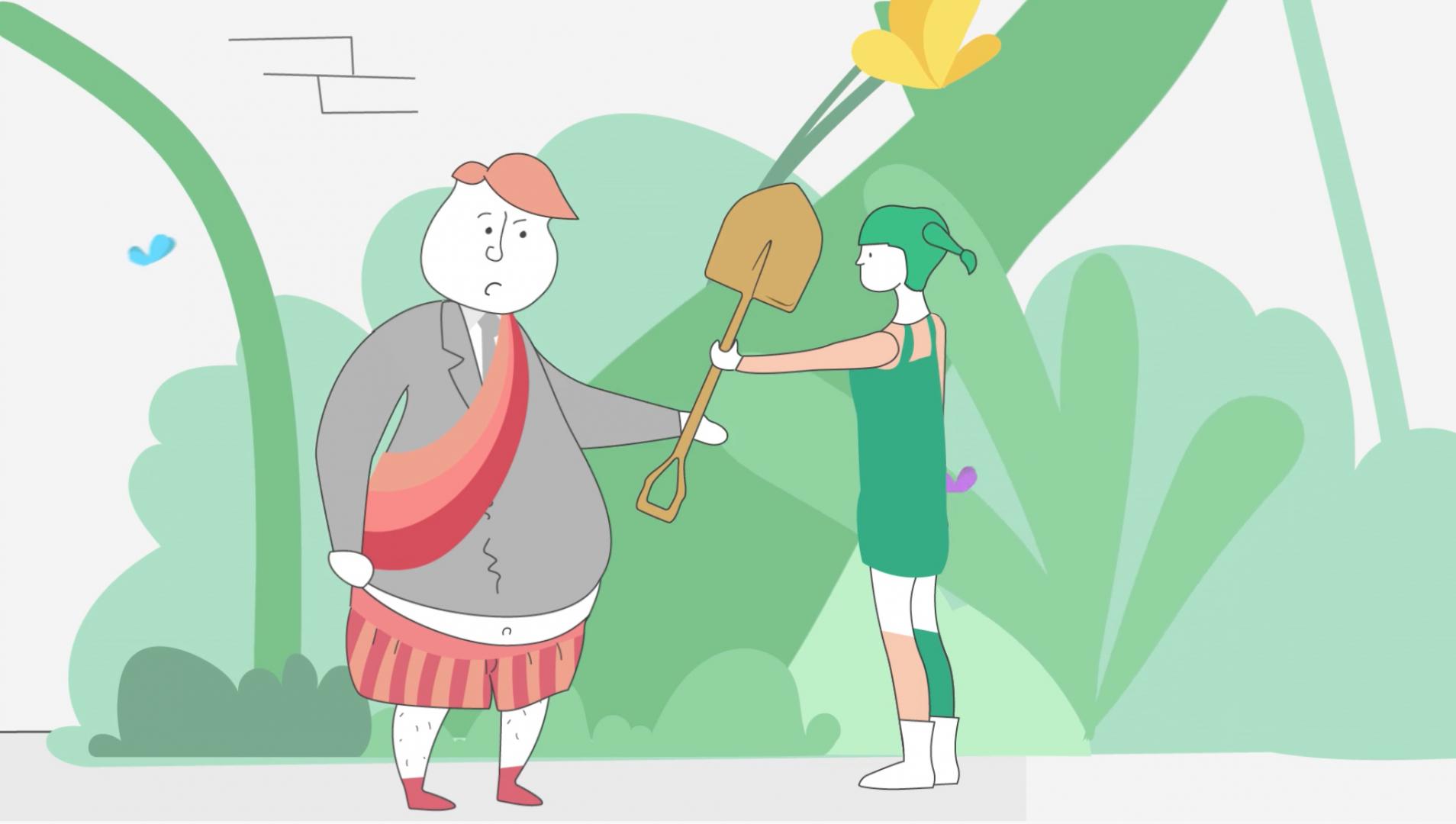
Is Urban Agriculture really for everyone ? Isn’t it just popular for trendy young urbanites ?
In reality, urban farmers are drawn from across the whole spectrum – they come from all different age groups, social backgrounds and are about as diverse as society itself.
Whilst traditional allotment gardening might often be perceived as the preserve of senior citizens, community gardening groups are often characterised by an eclectic range of people from all walks of life. These might include families, professionals and younger people who are all working together for mutual benefit.
In this respect, community gardens can provide a neutral space for people to meet up informally and to socialise. This can help to cement the social fabric of neighbourhoods. It can increase social capital, whilst integrating potentially marginalised groups including refugees, unemployed people or those with physical or mental health issues. Schools and youth groups can also become actively involved through working alongside the wider local community.
By contrast, urban farming businesses and more professionally structured social enterprises, can cater for specialist niche markets such as provision of organic or seasonal vegetables to high end retailers and the gastronomy sector. These are sometimes sold through “box” schemes or local farmers markets.
Vertical farming and rooftop farming models of UA, often appeal particularly to young and tech-savvy entrepreneurs, who can quickly adapt redundant premises to create productive new growing space close to their customer base within the heart of the City.
